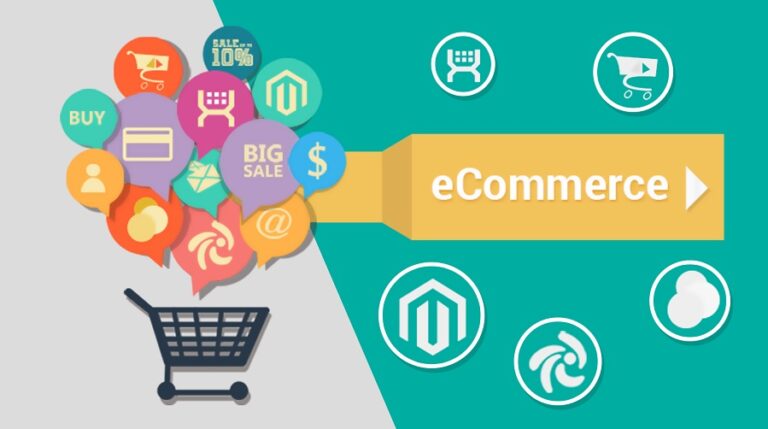As 2025 nears its end, Nigeria’s digital marketplace isn’t just busy—it’s transforming. The convergence of Independence Day celebrations, holiday spending, and new consumer habits has created an inflection point for online retail. Behind the year’s $9.35 billion e-commerce boom lies a story of reinvention—one driven by technology, connectivity, and shifting consumer psychology.
From Clicks to Chats: The Rise of Social Commerce
Nigerians aren’t just scrolling—they’re shopping. Social platforms like Instagram and WhatsApp have evolved into full-fledged digital storefronts, collapsing the traditional gap between marketing and purchase.
With 37 million Nigerians spending roughly four hours daily on these platforms, brands are integrating sales directly into conversations. This shift cuts through the noise of redirections, turning engagement into instant transactions—and social trust into sales currency.
Beyond Cash: The Digital Payment Revolution
For years, “cash on delivery” was both a safety net and a stumbling block. It gave buyers confidence but left small merchants juggling unpredictable payments.
Enter mobile money agents—the new financial bridges connecting online trade with offline realities. These agents are converting physical cash into digital payments across Nigeria’s semi-urban and rural areas, easing liquidity strains and speeding up business cycles.
Connectivity Unlocks Competition
The backbone of e-commerce—reliable internet—is finally catching up. With Nigeria pushing toward 70% broadband penetration by 2025, faster, more stable connections are transforming how consumers browse, pay, and interact online.
The result: shorter loading times, fewer payment failures, and smoother customer experiences. In a market where attention spans are short, these seconds can decide whether a brand earns loyalty or loses a sale.
Reinventing Logistics for a Faster Nation
Traffic gridlocks may still choke Lagos roads, but innovation is breaking through. More than 370 startups, backed by global players like DHL, are using AI for real-time route optimization and creating micro-hubs that decentralize delivery.
Same-day fulfillment—once a dream—is inching closer to reality, redefining what “fast delivery” means in Nigeria’s context.
The New Customer Playbook
Inflation and competition have sharpened the average Nigerian shopper’s instincts. Consumers now value speed, convenience, and reliability over flashy branding.
Retailers that merge social selling, mobile payments, and responsive logistics are rising above the rest. Yet, this new terrain isn’t without friction—businesses face high tech investment costs, evolving skill requirements, and growing cybersecurity expectations.
How Businesses Can Stay Ahead
Instead of sprinting after every trend, brands should build momentum strategically:
-
Sell where conversations happen – Optimize WhatsApp and Instagram for end-to-end transactions.
-
Digitize cash operations – Partner with mobile money agents to streamline payments and reduce delivery risks.
-
Invest in performance – Ensure websites load quickly and checkout flows remain seamless.
-
Leverage logistics experts – Collaborate with experienced delivery partners like DHL to extend your reach and efficiency without inflating overhead.
Looking Beyond the Holiday Rush
The close of 2025 will test who truly understands Nigeria’s new retail DNA. The winners won’t simply be the biggest—they’ll be the most adaptive.
Because in the country’s rapidly maturing e-commerce ecosystem, innovation is no longer optional; it’s survival. Those who evolve with purpose today will own the market narrative tomorrow.

